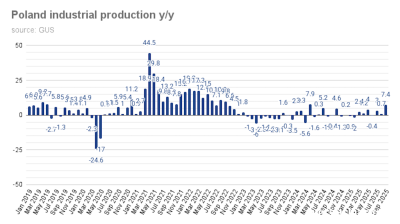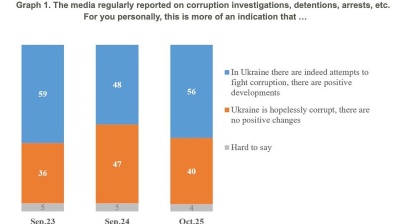Turkey’s short-term external debt stock moved down by 2% q/q to $120bn at the end of June, the country's central bank said on August 16.
External debt maturing within one year or less regardless of the original maturity stood at $179.1bn at the end of June, down from $180.6bn at the end of May, it added.
According to the figures, the public sector is on the hook for a total of $32bn in foreign debt, including $28bn owed by public banks, in the coming one year period. The private sector, meanwhile, is obliged to pay $146bn, including $74bn faced by private banks and $65bn by non-financial companies.
The short-term external debt stock grew by 16% y/y to $118bn at the end of 2017 from $101.5bn at the end of 2016.
The dizzying descent of the TRY has hurt Turkish companies that have borrowed on the international markets as it has made it more costly in lira terms to repay their debt.
Turkey is heavily dependent on external borrowing due to its chronic current account deficit. Debt-financed consumption has been the prime feature of the country’s remarkable economic growth achieved during much of the past decade, while the private sector’s share in total external borrowing has been on the rise in recent years.
Turkey’s current account deficit widened by 42% y/y to $47.1bn in 2017, driven by rising gold imports and energy prices. However, there are forecasts that an upcoming recession could even turn it into a surplus.
Signs of major conglomerates struggling to repay their hard currency-denominated debts have set off alarm bells.
Data

Chobani yoghurt king Hamdi Ulukaya becomes richest Turk
Knocks Murat Ulker into second place in Forbes ranking as his company's valuation leaps to $20bn.

Poland’s industrial production jumps 7.4% y/y in September
September saw an unexpectedly sharp increase in industrial production after the surprise gain of 0.7% y/y in August.
Ukrainian M&A market grows 22% despite war, driven by local investors
Two large acquisitions by agriculture holding MHP and mobile operator Kyivstar accounted for more than half of the total deal value.

Ukraine’s credibility crisis: corruption perception still haunts economic recovery
Despite an active reform narrative and growing international engagement, corruption remains the biggest drag on Ukraine’s economic credibility, according to a survey by the Kyiv International Institute of Sociology.



